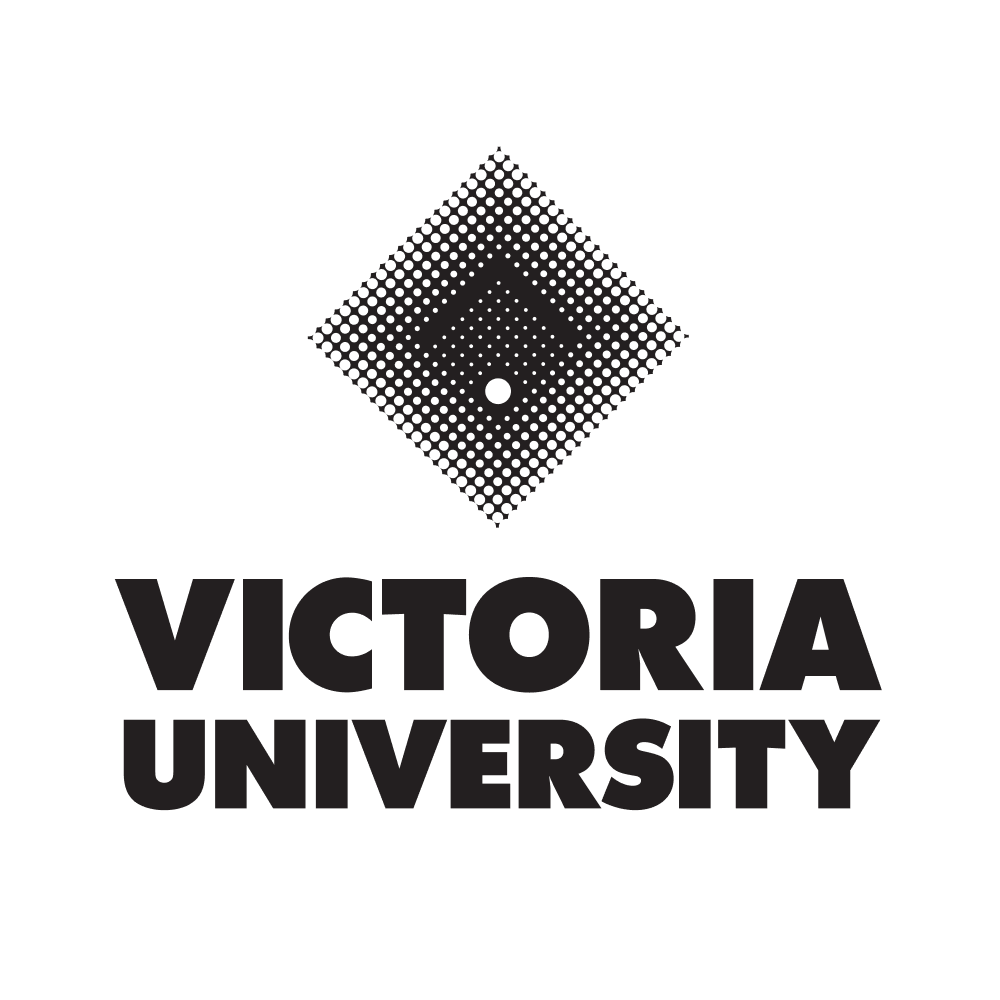Victoria University
Graduate Certificate in Transport Systems
- Delivery: Face to Face
- Study Level: Postgraduate
- Duration: 6 months
- Course Type: Graduate Certificate
Advance your career in the fields of transport, logistics and supply chain management.

Course overview
This graduate certificate will expand your transport systems knowledge and skills, helping you prepare for further postgraduate study or a leadership position in the field.
Update and expand your knowledge of general business in the context of transport and infrastructure management and discover strategies for addressing contemporary challenges in this rapidly growing sector.
You'll gain expertise in:
- Transport and logistics systems
- Public transport and strategy
- Transport policy governance and safety
- Future transport and infrastructure strategies
The graduate certificate provides an admissions pathway into the Master of Supply Chain Management if you are unable to enrol directly into that course.
Key facts
What you will study
To attain the Graduate Certificate in Transport Systems, students are required to complete 48 credit points of core units.
Core units (12 credit points each)
- Transport and Logistic Systems
- Public Transport and Strategies
- Transport Policy Governance and Safety
- Future Transport and Infrastructure Strategies
Entry requirements
To be considered for postgraduate study, you will need to have specific academic qualifications, as outlined below. Victoria University also considers non-academic research and work experience for research candidates.
Admission criteria
Applicants must have one of the following:
- Completion of an Australian bachelor's degree (or equivalent) in a similar discipline.
- Applicants with a minimum of five (5) years of approved work experience will be considered for admission to this course.
Special entry programs
If you are from a disadvantaged or underrepresented social, economic or cultural background, you may be eligible for one of the university's special admission programs. These programs are designed to help you access education more easily.
Recognition of Prior Learning
If you have completed a study with another university or institution, you may be eligible to receive credit for skills and past study. Contact the university for more information.
Outcomes
Learning outcomes
- Exemplify initiative, ethical practices and social responsibility when leading in a contemporary transport systems work environment.
- Critically analyse, reflect on and synthesise complex transport operations, safety compliance, governance and challenges in contemporary logistics and public transport systems.
- Resolve complex transport issues through networks of interconnected businesses and stakeholders' collaboration to develop strategies and execute an action plan for an integrated transport system.
- Articulate complex knowledge and ideas to a variety of audiences in culturally diverse communities and businesses.
- Exhibit accountability in autonomous and collaborative judgements and innovative thinking in response to contemporary and future intelligent transport systems and challenges.
- Analyse and evaluate research findings applicable to business environments as part of the coursework.
Career outcomes
Graduates may find careers in operator and management-level positions in transport across sectors, third-party service providers, intermodal goods warehousing and distribution and public transport.
Victoria University encourages students to progress to their master's degree and aim for one of the following roles:
- Supply chain manager
- Logistics professional
- Global procurement specialist
- Sourcing/distribution manager
- Enterprise resource planning developer
- Project leader
- Transport coordinator
- Warehouse supervisor
- Import/export manager
- Customs manager
Fees and FEE-HELP
Fee per unit in 2026: $4,313 (domestic full-fee paying place)
Indicative full fee in 2026: $17,250 per semester (domestic full-fee paying place)
Full-fee courses are not government subsidised. You will pay the total cost of each unit.
A student’s fee may vary depending on:
- The number of units studied per term.
- The choice of major or specialisation.
- Choice of units.
- Credit from previous study or work experience.
- Eligibility for government-funded loans.
You may also need to pay the student services and amenities fee.
Student fees shown are subject to change. Contact the university directly to confirm.
FEE-HELP loans are available to assist eligible full-fee paying domestic students.

















